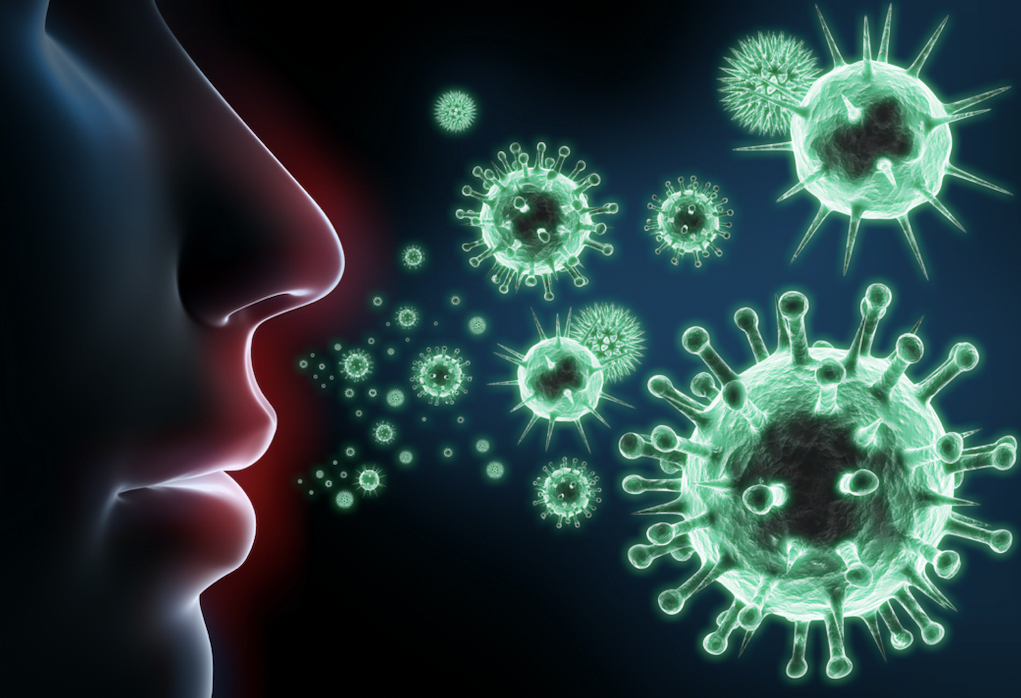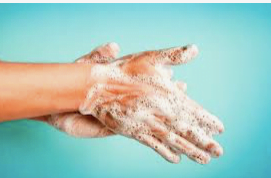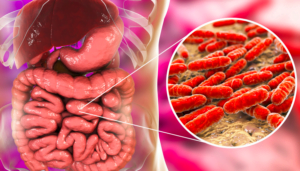What people with cancer need to know about coronavirus
People with cancer undergoing chemotherapy may be at a higher risk of developing a more severe form of COVID-19. This post outlines how patients can reduce their risk of exposure and what to do if they think they have COVID-19.
Avoid close contact with people who are sick: Follow the guidance on travel restrictions issued by the World Health Organization (WHO). Don’t exercise in confined spaces such as gyms – go for a run or walk outside in the fresh air.
Maintain hygiene: Wash your hands often with soap and water for at least 20 seconds, about the amount of time it would take to hum the tune to Happy Birthday from beginning to end twice. If soap and water are not available, use hand sanitizer that contains at least 60% alcohol. The best way to clean your hands, though, is with soap and water.
Change personal habits: In addition to washing your hands frequently, it’s important to:
- Avoid touching your eyes, nose, and mouth
- If you must cough or sneeze use a disposable tissue. If there isn’t one at hand, cough or sneeze into your elbow
- Clean frequently touched objects and surfaces with household cleaning spray or wipes. These surfaces and objects include doorknobs, counters, toilets, keyboards, tablets and phones
Consider using a face mask: These are not recommended as an effective way to avoid contracting COVID-19. However, if you are sick with a respiratory illness, such as influenza or COVID-19, wearing a face mask could prevent the illness from spreading to those around you.
Enhance your immune function as best you can with the following measures:
- Regular moderate exercise (preferably outdoors) >>
- Adequate mineral intake >>
- Adequate vitamin intake >>
- Good dietary omega 3 and 6 intake >>
- High polyphenol intake >>
- A healthy microbiota in the skin, mucous membranes and gut >>
- A good quality probiotic supplement >>
- A prebiotic-rich diet >>
- Hot and cold showers >>
- More house plants >>>
What to do if you think you have coronavirus?
Contact your doctor if you have a fever and other symptoms consistent with a respiratory illness, such as cough and shortness of breath, particularly if either of these two conditions applies to you:
- You have been in close contact with a person known to have COVID-19
- You live in or have recently travelled to an area which has experienced an outbreak of the disease
Call ahead before visiting your health care professional or the emergency department and let them know that you think you may have COVID-19. Your health care professional will work with state health departments and local health authorities to find out if you should be tested for SARS-CoV-2.
Staying home when you are sick is the best way to prevent transmitting the novel coronavirus and other respiratory viruses, such as the flu, to other people.
If you are receiving cancer treatment that suppresses the immune system and you develop a fever and respiratory symptoms, call your oncologist as you usually would if you develop a fever while on treatment. Be sure to follow their guidance on when to come into the office or hospital.



